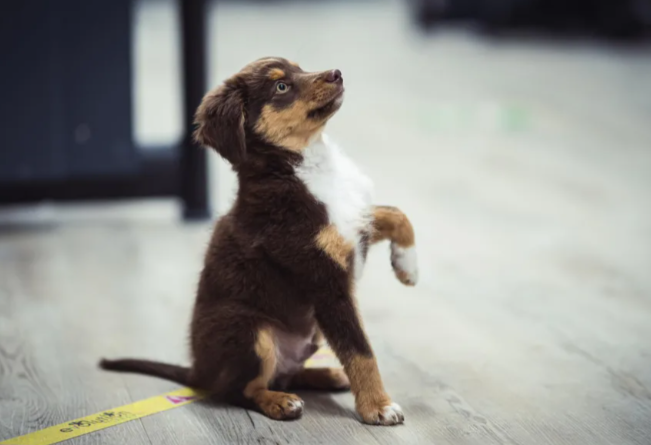Introduction
Welcoming a new puppy into your home is an exciting journey filled with cuddles and playful moments. However, it also brings the challenge of training your furry friend. At Puptown Houston, we specialize in transforming the puppy training experience into an enjoyable and enriching process for both you and your pet. This guide is crafted by seasoned professionals who understand the nuances of puppy behavior and are passionate about creating positive, lasting relationships between dogs and their owners.
Why Puppy Training is Essential
Training your puppy is not just about teaching them the basics like sit or stay; it’s about setting the foundation for a well-behaved adult dog. Early training helps prevent behavioral problems and creates a respectful relationship between you and your puppy. It’s also crucial for their safety, socialization, and overall happiness.
Expert-Backed Training Techniques
Start with Socialization
Introduce your puppy to various people, places, and other animals. Socialization is critical for developing a confident and well-adjusted dog. Make each new experience positive and calm to encourage good behavior.
Establish a Routine
Puppies thrive on routine. Establish a consistent schedule for feeding, potty breaks, and playtime. This predictability helps them feel secure and aids significantly in house training.
Focus on Positive Reinforcement
Reward your puppy for good behavior with treats, praise, or toys. Positive reinforcement makes training a rewarding experience for your puppy and encourages them to repeat desirable behaviors.
Keep Training Sessions Short and Sweet
Puppies have short attention spans. Keep training sessions brief (5-10 minutes) and fun. Multiple short sessions throughout the day are more effective than one long session.
Be Patient and Consistent
Patience is key in puppy training. Consistency in commands and expectations helps your puppy learn faster and prevents confusion.
The Science of Puppy Training
Research supports the use of positive reinforcement in training. Studies show that puppies respond better to rewards than to harsh corrections, which can lead to fear and aggression. By using positive methods, you ensure that your puppy grows up to be a confident and happy dog.
Puppy Training FAQs
What age should puppy training begin?
You can start basic training as soon as your puppy comes home, typically around 8 weeks old. Early training capitalizes on their rapid early development.
How can I potty train my puppy effectively?
Consistency is crucial. Take your puppy out at regular intervals, especially after eating, waking up, or playing. Praise them immediately after they go potty outside.
What are the most important commands to teach a puppy?
Start with basic commands like ‘sit’, ‘stay’, ‘come’, and ‘no’. These commands are essential for safety and daily interactions.
Conclusion
Puppy training is an investment in the future of your relationship with your dog. At Puptown Houston, we are committed to guiding you through every step of this exciting process with expertise and care. With the right approach, training your puppy can be a joyful journey filled with learning and love.

